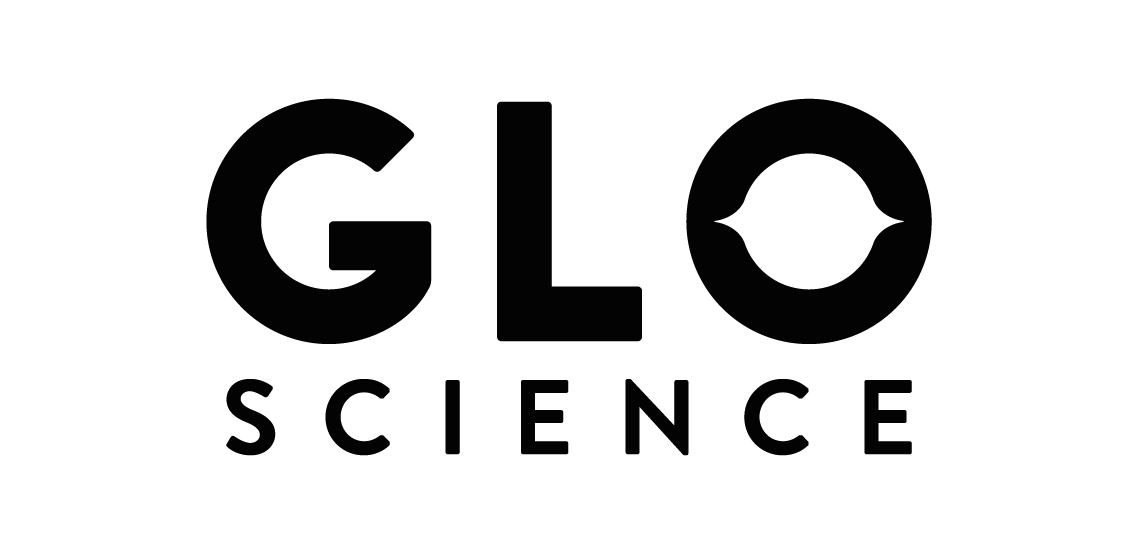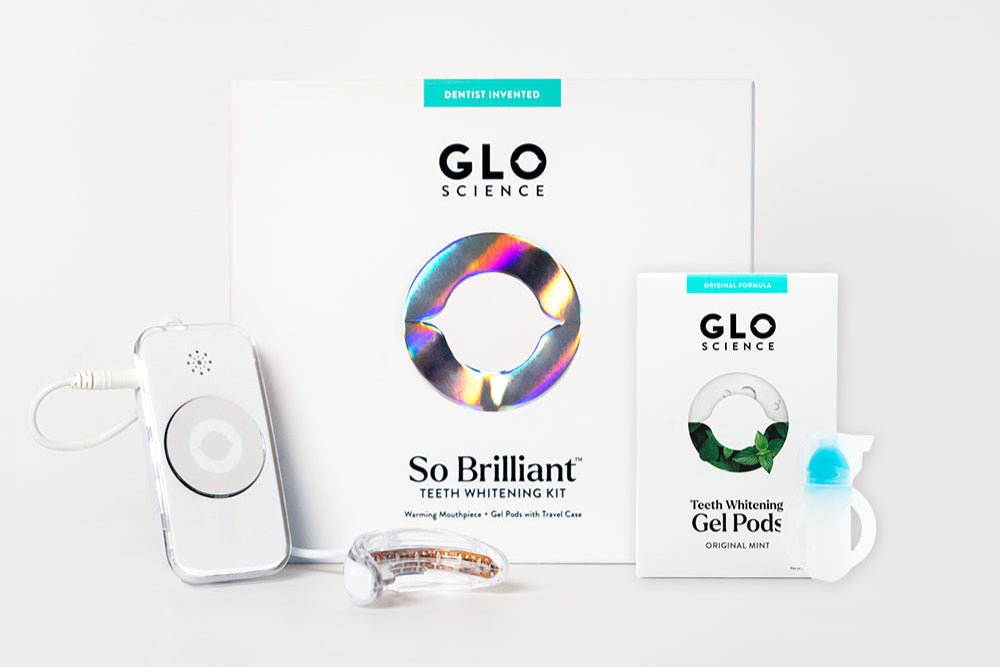
Everything You Need to Know About Mouthwash

In an effort to ensure that you're keeping your mouth as healthy as possible, you may be contemplating adding mouthwash to your routine. But is mouthwash necessary? The answer is that it depends. Mouthwash can be beneficial, but it's important that you know what you're getting into. Not all mouthwashes are created equal.
How Does Mouthwash Work?
When you place the mouthwash liquid into your mouth and swirl it around vigorously, it creates a mechanical cleansing action that exposes various parts of your mouth to ingredients that may be antibacterial and anti-inflammatory. When used in addition to regular brushings, this could contribute to better oral health.
Many people use mouthwash as a way to combat bad breath. Since the smell is caused by bacteria that lives in your oral cavity, if you use an antibacterial mouthwash, it may help freshen your breath. However, it's important to keep in mind that mouthwash may not cure bad breath, as your issues may be caused by other areas of your body, including problems in your lungs or stomach.
You can also use a mouthwash with fluoride, which will help protect your teeth from developing cavities. The fluoride in the rinse mixes with the enamel on your teeth to protect them against acids that are found in certain foods and beverages.
How to Use Mouthwash
If you are thinking about adding mouthwash to your oral hygiene routine, then it's important to know how to use it. You'll want to read the instructions provided on the packaging, but in general, the steps are as follows:
Step 1: Brush Your Teeth
Mouthwash should not be used in place of brushing or flossing. It can be used occasionally after eating while at work or on the go to get rid of bacteria and acids, but it's still important that you brush and floss twice a day. Mouthwash doesn't have the ability to deep clean between teeth, which is where food can get lodged and bacteria can hide.

Step 2: Measure Out the Mouthwash
Most mouthwashes come with a measuring cup included in the lid. You can use this to measure out the amount of mouthwash you'll need. Depending on the type you are using, the amount you need is between three and five teaspoons.
Step 3: Rinse
After measuring out the mouthwash, you'll then pour it into your mouth and swish it around. Don't swallow it! This isn't beneficial to your health.
For mouthwash to be the most effective, it needs to be in contact with your teeth and gum tissue for at least 30 seconds. You can either count this time in your head or place a timer in your bathroom to ensure you are rinsing long enough.
How Often Should You Use Mouthwash?
Typically, most dentists recommend that you use mouthwash after every brushing, which would be twice a day. Remember, it can help remove harmful bacteria that likes to grow in your mouth and contributes to tooth decay and gum disease. It can also help your mouth feel refreshed and clean.
While some people will use mouthwash after meals when they can't brush to help combat bad breath, keep in mind that overuse can cause issues. Too much mouthwash can break down your enamel and weaken your teeth, making them more susceptible to decay.
Finding the Right Kind of Mouthwash
As we mentioned, mouthwash comes in a variety of different forms, and not all of them are created equal. When you're after a certain dental health goal, you may find yourself asking: is mouthwash an antiseptic or a disinfectant? It depends on the type you get.
Finding the right kind of mouthwash will rely on your oral hygiene needs. Here are the options you have to choose from:
-
Antiseptic Mouthwash
An antiseptic mouthwash contain alcohol and is the most common product available. It is mainly used to reduce the number of bacteria in your mouth and can help with infections or reduce your chances of tooth decay. It can also help with bad breath.
You need to be careful when using antiseptic mouthwash, as overuse could cause discoloration or staining on your teeth.
-
Natural Mouthwash
This type of mouthwash does the same work as antiseptic mouthwash, but it contains all-natural ingredients. If you find that the alcohol in your mouthwash is too harsh and uncomfortable to use, this could be a good alternative to improve your mouth health without the burning sensation.
-
Fluoride Mouthwash
We mentioned earlier that using fluoride mouthwash is a good way to strengthen your enamel and prevent cavities. However, overuse of this type of mouthwash has a negative impact on your overall oral health.
-
Cosmetic Mouthwash
These mouthwashes don't contain ingredients that kill bacteria (such as alcohol), but they can be used to temporarily control bad breath or get rid of unpleasant tastes in your mouth.
Improving Your Oral Health
Using a mouthwash can be incredibly beneficial to your oral health, but you need to make sure you get the right kind and use it properly. In addition, whitening products that contain hydrogen peroxide can also contribute to your mouth health and make your teeth dazzling.
At GLO Science, we want your mouth to be as healthy as it can be because dental health contributes to overall health. Not only will whitening make your smile more dazzling, but your mouth will be healthier. Shop our products today!







